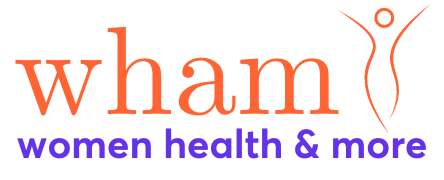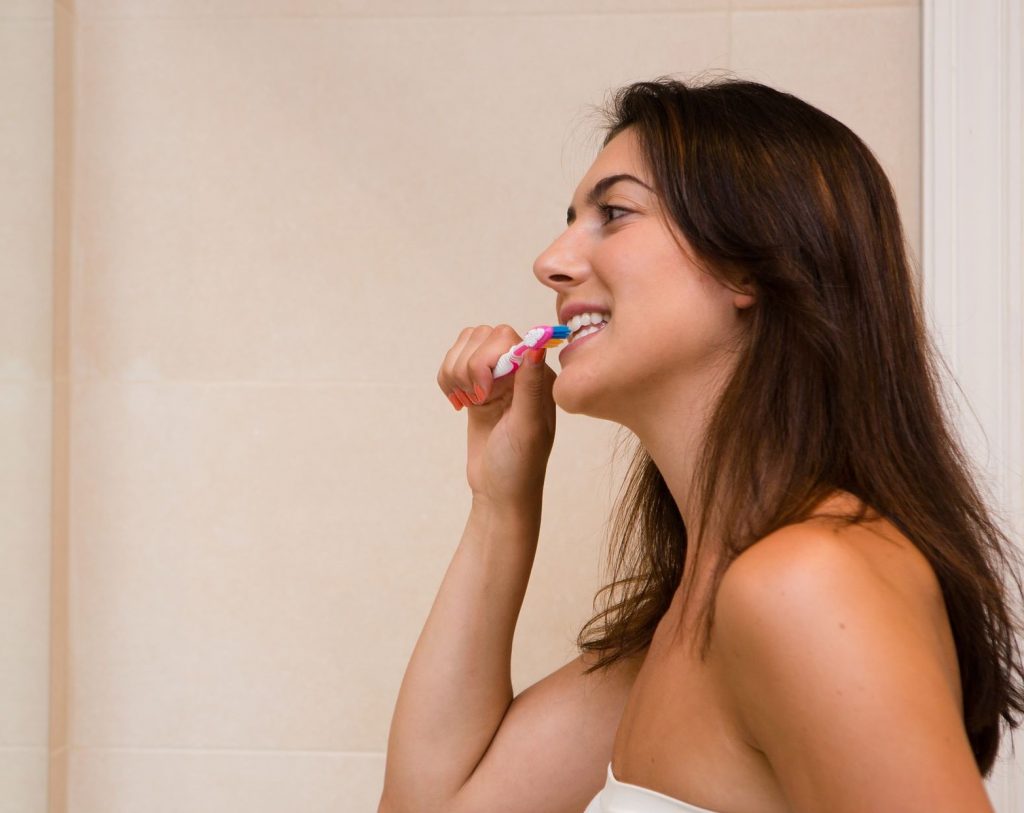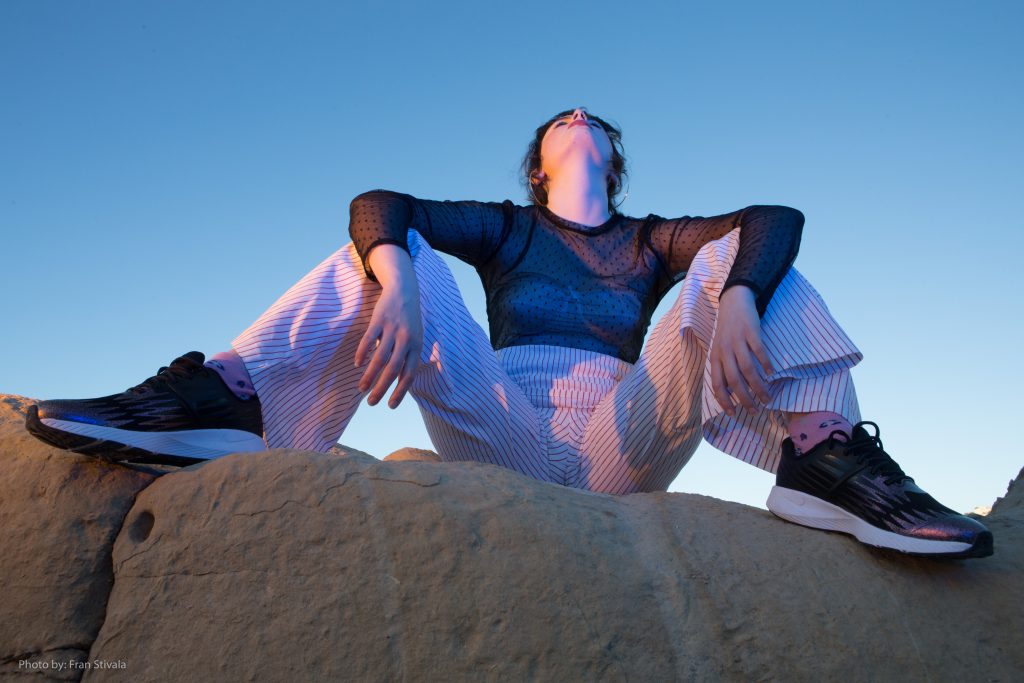
In discussing osteoporosis and bone health, it’s good that there are things you can do to fight osteoporosis and promote healthier bones….
Osteoporosis is a health condition that develops over a number of years. It weakens bones, making them more fragile and more likely to break. It is often diagnosed when a fall or sudden impact causes a fracture.
Osteopenia (bone loss) would have been taking place for years before osteoporosis occurs. This is why it is important to do a bone density scan (depending on your age and risk factors) to check how strong your bones are. If you do have osteopenia, there are steps that can be taken to reduce your risk of developing osteoporosis and to keep your bones strong and healthy.
Women in general are more at risk of developing osteoporosis than men, particularly if they have early-onset menopause (before 45 years of age) or they’ve had their ovaries removed.
Women lose bone more rapidly in the first years after menopause. Another risk factor for bone loss is increasing age and a family history.
Other risk factors for osteoporosis include:
- taking high-dose steroids for more than 3 months
- inflammatory or hormone related conditions
- a family history of osteoporosis (particularly hip fracture in a parent)
- long-term use of certain medications that affect hormone levels such as anti-oestrogen tablets
- having had an eating disorder (such as anorexia or bulimia nervosa)
- having a low BMI (body mass index)
- not exercising regularly
- drinking heavily
- smoking
All women should take special care with regards to bone health to prevent osteoporosis.
Regular exercise is essential for adults. It is recommended to do a total of 2 hours and 30 minutes of moderate-intensity aerobic activity such as cycling or fast walking every week. This amounts to 30 minutes of exercise 5 days a week. Muscle strengthening activities such as legs/chest/shoulders and arms workout are also recommended. It is very important to reduce time spent sitting or lying down and to break up long periods of not moving with some activity.
Lifestyle changes such as stopping smoking and reducing alcohol intake will also have a positive impact on bone health.
Apart from exercise, a healthy diet rich in Vitamin D and calcium is vital for healthy bones. Calcium-rich foods which are ideally included in a healthy, balanced diet include leafy green vegetables such as green beans, broccoli, spinach; dried fruit; yoghurt and dairy products as well as little fish such as sardines (eaten with the small bones). Pulses, sesame seeds and some nuts such as almonds are also a good source of calcium in the diet.
Vitamin D sources include oily fish such as salmon, sardines, herring and mackerel, red meat, liver, egg yolks and fortified foods (foods which have added Vitamin D). We can also get vitamin D from controlled amounts of sunlight. Ten minutes of direct sunlight per day is enough, however, in Malta, UV index is usually very high in the summer months therefore sun protection cream with a high SPF should still be used. Calcium and vitamin D supplements can also be taken if recommended by your doctor, especially if a blood tests shows that you have a calcium or vitamin D deficiency.
A Mediterranean diet helps to reduce the risk of osteoporosis. It is important to include lots of fruit and vegetables, legumes and pulses, wholegrains, and lean protein in the diet including lean meat, poultry, fish, eggs, dairy, lentils, beans, nuts and seeds. This can help protect bones and heal bone loss.
For people who do not take dairy products, one should include canned salmon or sardines with the bones and fortified soya drinks. If you have any queries about osteoporosis and diet, or you would like to know more about your bone density, contact your doctor for a referral or a dietitian directly.

Ariana Zarb is a Registered Dietitian, having completed a BSc. (Hons.) in Applied Food and Nutritional Sciences as well as a Postgraduate Diploma in Dietetics. She is currently reading for an MSc in the Professional Practice of Dietetics.
Click here to check out Ariana’s full bio as well as a list of all her Wham published articles





